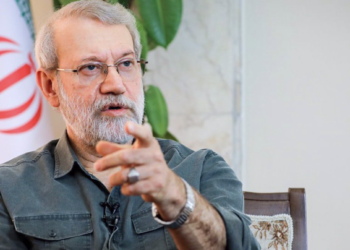WASHINGTON (Realist English). The U.S. Defense Department’s flagship data platform Advana is facing indefinite delays after sweeping staff cuts, leaving a critical tool for logistics, finance, and artificial intelligence development in limbo, current and former officials said.
Launched in 2021 as the “Advancing Analytics” platform, Advana quickly became the Pentagon’s central hub for integrating business and operational data. It has been used to track munitions deliveries to Ukraine, manage contracting and finances, and prepare for large-scale conflict. By 2023, more than 72,000 users across 42 organizations relied on it.
But that rapid growth strained its architecture. In mid-2024, the Pentagon’s Chief Digital and Artificial Intelligence Office (CDAO) paused development to improve performance and prepare the system for AI integration. A follow-on contract worth up to $15bn, known as AAMAC, was announced to bring in new partners alongside Booz Allen Hamilton, the system’s prime contractor.
Those plans faltered after President Donald Trump’s administration slashed civilian staff and canceled consulting contracts. Defense Secretary Pete Hegseth announced a 5–8% civilian workforce reduction in February, a move accelerated by the White House’s Department of Government Efficiency. At CDAO, nearly 60% of staff were cut, including two top system architects, hollowing out the team needed to carry out the upgrade.
“Things are going to break. Things are going to get delayed. We’re in both places,” one defense official said, speaking anonymously.
Officials now warn that data is drifting back into silos, with commanders relying again on emails and phone calls rather than integrated dashboards. Some fear that individual services will develop their own data tools, fragmenting the Pentagon’s information landscape.
“The picture is of a Defense Department moving away from faster, better, joint command and control, getting slower as adversaries get faster,” one official said.
Advana’s future is now tied to an internal reorganization. An August 14 memo placed CDAO under the Office of the Undersecretary of Defense for Research and Engineering, tasking it with producing a new plan for Advana and related AI projects within 120 days. Some insiders see the move as a chance to restore lost staff and resources; others warn it risks turning operational AI into “a science project.”
The Pentagon insisted the program remains on track. “Claims of dysfunction are unfounded; our efforts are focused on accelerating AI adoption,” a defense spokesperson said, citing directives from Trump’s AI Executive Order and the White House AI Action Plan.
For now, a banner on the CDAO website promises only: “More information on the Advana way ahead coming soon.”


















